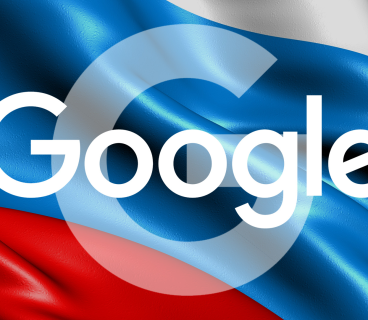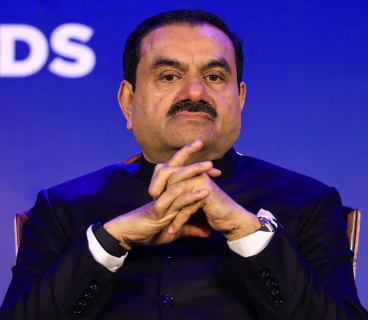The U.S. Federal Trade Commission (FTC) has launched a major legal battle against Meta, the parent company of Facebook, over allegations that it illegally limited competition by acquiring Instagram in 2012 and WhatsApp in 2014. The goal of the lawsuit is to force Meta to sell these platforms in order to restore fair competition in the social media market.
This isn't just an ordinary legal case — it's an existential threat for Meta. The company earns more than half of its U.S. advertising revenue from Instagram. Meanwhile, WhatsApp, though not yet a major revenue source, is Meta’s most widely used app by daily users and is seen as a key player in the company’s future monetization plans through business messaging tools.
Meta’s Chief Legal Officer, Jennifer Newstead, called the claims baseless and argued that such legal action discourages investment in the tech sector:
“It's absurd that the FTC is trying to break up a great American company at the same time the Administration is trying to save Chinese-owned TikTok,” she wrote.
One of the most anticipated moments in the trial will be the testimony of Meta CEO Mark Zuckerberg. In past emails, Zuckerberg suggested acquiring Instagram to neutralize a potential competitor and expressed concern that WhatsApp could grow into a major social network.
Meta argues that these acquisitions have benefited users and that today’s competitive landscape includes strong rivals like TikTok, YouTube, and Apple’s iMessage. However, the FTC maintains that Facebook, Instagram, and WhatsApp dominate the space where users connect with friends and family — and that no real alternatives exist in that particular market.
If the FTC wins the trial, the next phase could involve a court order forcing Meta to sell off Instagram and WhatsApp. Losing Instagram, in particular, would be a massive financial blow to Meta, as it is the company’s most lucrative platform.
This trial also serves as a significant test of how aggressively the current U.S. administration is willing to challenge Big Tech — potentially shaping the future of antitrust enforcement in the digital age.







